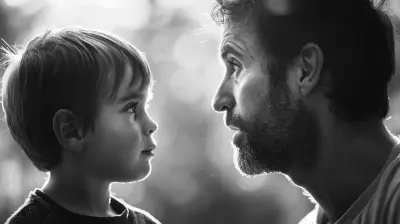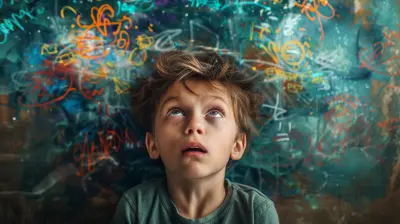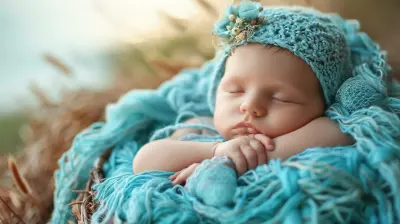Emotional Growth Through Conflict Resolution: What Kids Can Learn
20 July 2025
Conflict is inevitable. Whether it's a squabble over toys, a disagreement with a sibling, or a clash with a classmate, kids encounter conflict daily. But here’s the kicker—conflict isn’t always bad. In fact, it’s one of the greatest tools for emotional growth if handled the right way.
You might think, "Wait, conflict helps kids grow?" Absolutely! Conflict teaches kids valuable life skills—empathy, communication, patience, and problem-solving—all of which are crucial for their emotional development.
In this article, we’ll break down how conflict resolution can help children grow emotionally, why it matters, and how parents can guide their kids through it.
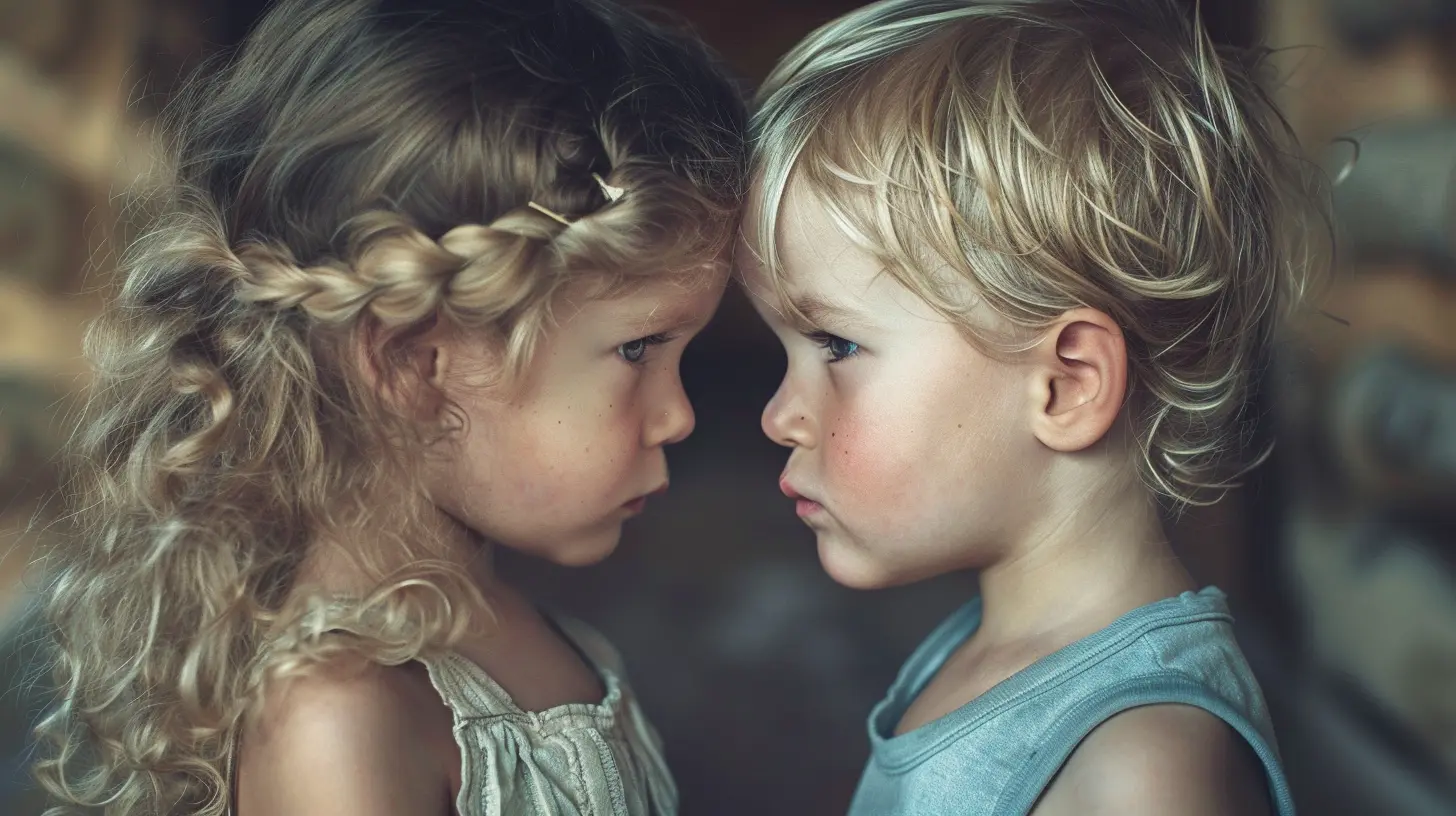
Why Conflict Is a Good Thing for Kids
We often think of conflict as something to avoid, but the truth is, it’s a natural part of being human. Think about it—if kids never faced disagreements, how would they ever learn to handle real-world situations?Handled properly, conflicts teach kids:
- How to express themselves – Kids learn to articulate their thoughts and feelings instead of bottling them up.
- How to listen and empathize – They start seeing things from another person’s perspective.
- How to problem-solve – Instead of simply reacting, they begin to think critically about solutions.
- How to manage emotions – They learn that frustration, anger, and disappointment are normal but must be controlled.
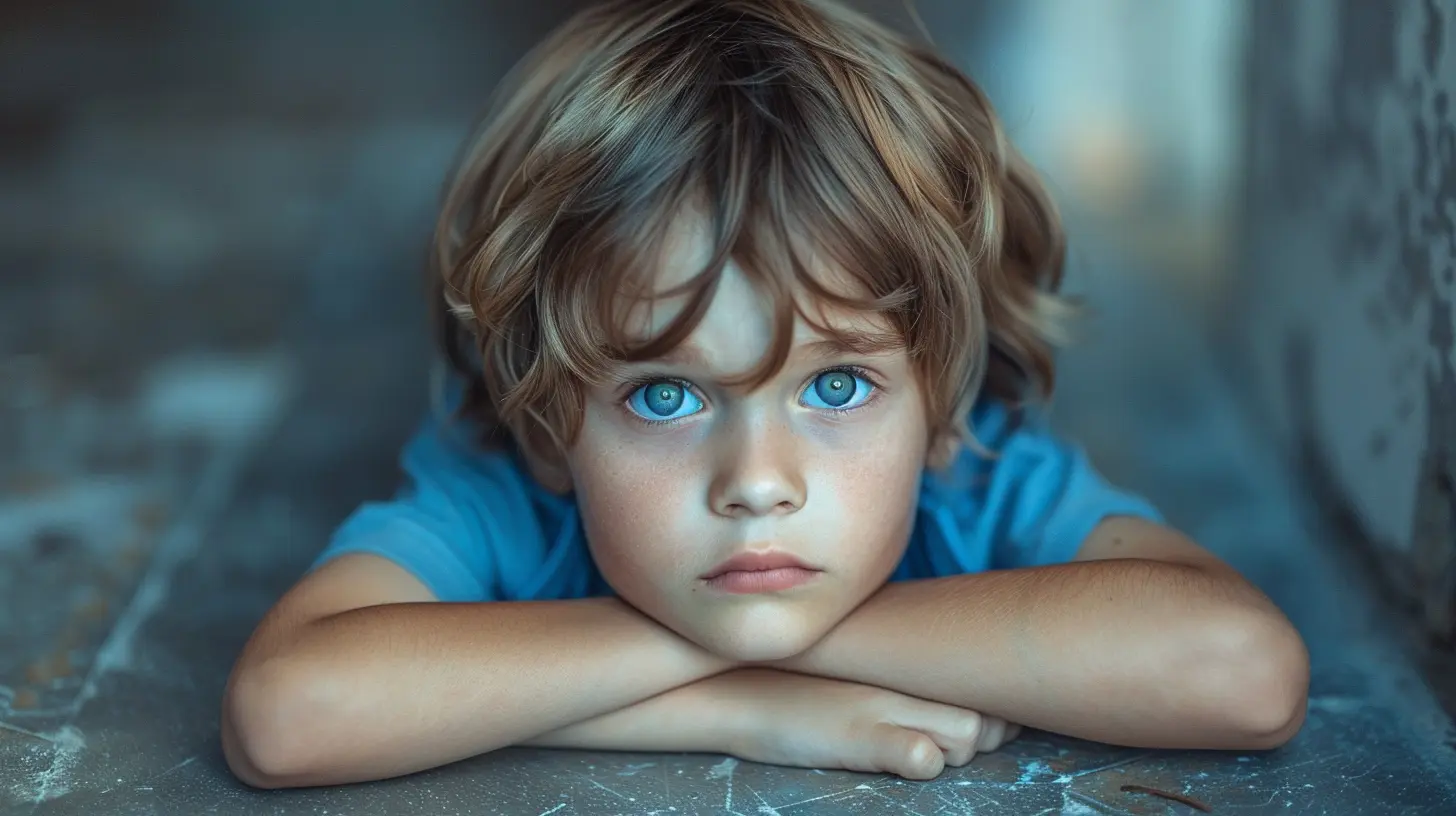
What Kids Learn Through Conflict Resolution
When kids engage in conflict resolution, they develop a toolkit of emotional and social skills that will serve them for life. Let’s dive into some of the biggest lessons they can take away from it.1. Emotional Regulation: Managing Reactions
Ever seen a toddler throw a tantrum just because their sibling took the last cookie? That’s emotional dysregulation at its finest. Conflict resolution teaches kids that while it’s okay to feel upset, how they react matters.Instead of screaming or hitting, they learn to pause, take a breath, and communicate their feelings. This is a vital skill—not just for childhood, but for their entire life. Imagine an adult who never learned to control their temper… not a pretty picture, right?
2. Empathy: Understanding Other People’s Feelings
One of the most powerful things conflict resolution teaches is empathy. When kids learn to step into someone else’s shoes, they start understanding emotions beyond their own.Let’s say two friends argue over a game. If one can pause and consider, "Maybe my friend feels left out," they can then adjust their behavior accordingly. This ability to recognize and respect others' feelings builds stronger relationships.
3. Communication Skills: Speaking and Listening Effectively
Many adults still struggle with expressing their thoughts clearly—so imagine how crucial this skill is for kids! Conflict resolution forces children to put their thoughts into words and listen to what the other person is saying.Instead of the classic "You’re mean!" they learn to say, "I feel upset because I wanted a turn." This small shift transforms arguments into opportunities for understanding.
4. Problem-Solving: Finding Creative Solutions
Conflict often requires a compromise or an innovative solution. Kids who engage in resolving conflicts learn to think critically about how to fix a problem rather than just reacting emotionally.For example, if two siblings fight over the TV remote, instead of an endless shouting match, they can negotiate—maybe one picks the show today, and the other gets to pick tomorrow. These small negotiations prepare them for bigger life challenges.
5. Confidence in Handling Tough Situations
Nothing builds confidence like successfully navigating tough situations. When kids resolve conflicts on their own, they develop a sense of self-assurance.They realize, "Hey, I can handle disagreements without freaking out," which makes them more independent and emotionally strong.
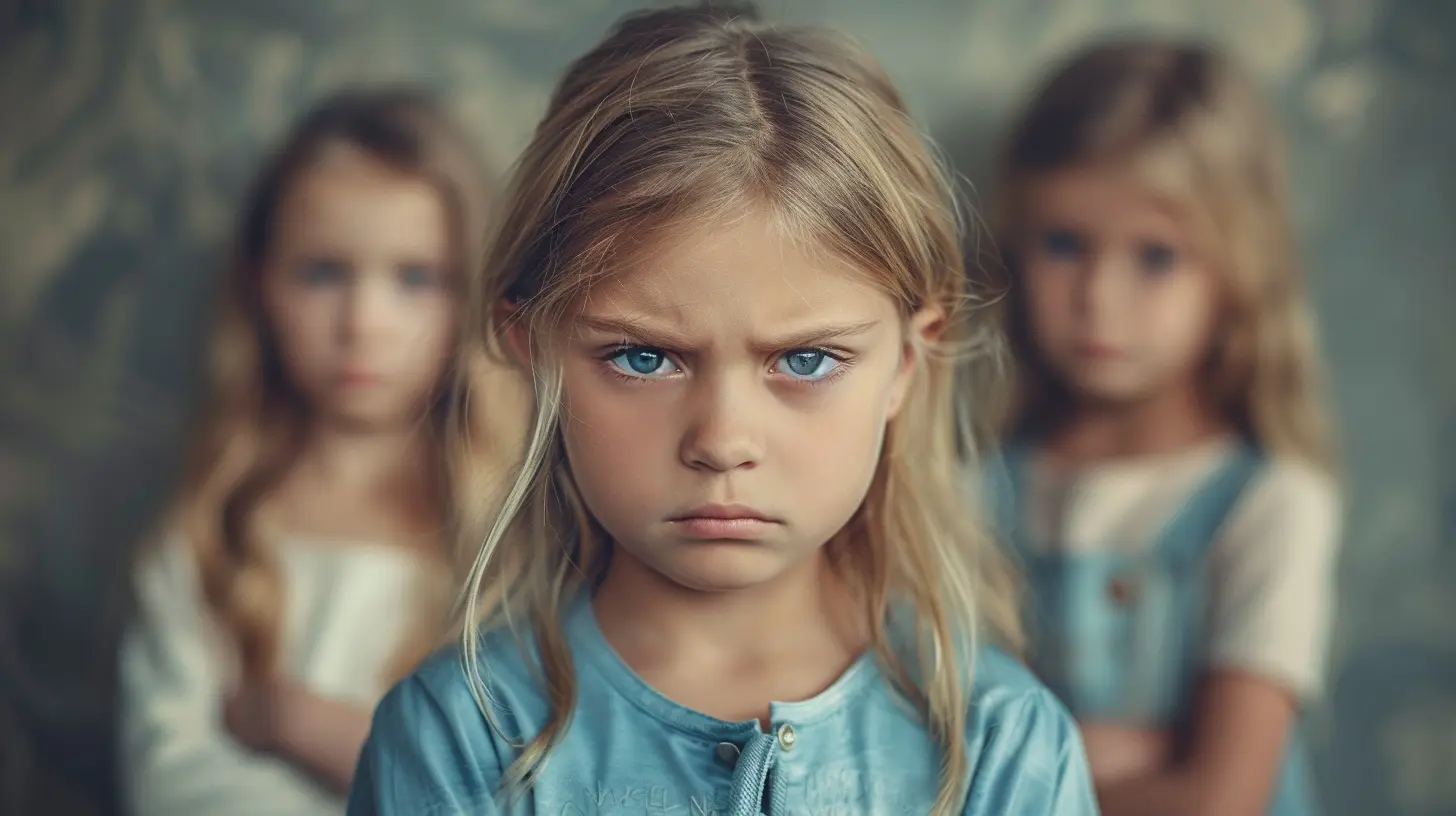
How Parents Can Support Conflict Resolution
Okay, so we know conflict is good for growth. But how do we, as parents, guide our kids through it without constantly stepping in?1. Model Healthy Conflict Resolution
Kids are little sponges—they absorb everything we do. If they see us screaming during disagreements, guess what? They’ll do the same. But if they watch us calmly discussing differences, negotiating, and listening, they'll learn to mirror those behaviors.2. Encourage Open Communication
Teach kids to express themselves openly. Instead of saying “Stop fighting!” every time they argue, encourage them to talk it out.Ask questions like:
- "How do you feel about what happened?"
- "What do you think your friend/sibling feels?"
- "How can we solve this problem together?"
This helps them recognize their emotions and communicate effectively.
3. Teach Kids to Take a Pause
When emotions run high, reasoning goes out the window. Teach kids to take a moment before reacting. Counting to ten, taking deep breaths, or even stepping away for a few minutes can help them calm down before responding.4. Focus on Solutions, Not Just Blame
Instead of asking “Who started it?” or “Whose fault is it?” shift the focus to solutions. Guide kids to think about how they can make things better rather than dwelling on who was wrong.For example, if they argue over a toy, instead of scolding, ask, “How can we share this so you both feel happy?”
5. Praise Positive Conflict Resolution Efforts
Notice when your child handles a disagreement well and praise them for it. A simple “I really liked how you talked that out instead of yelling” reinforces the behavior and encourages them to handle conflicts maturely in the future.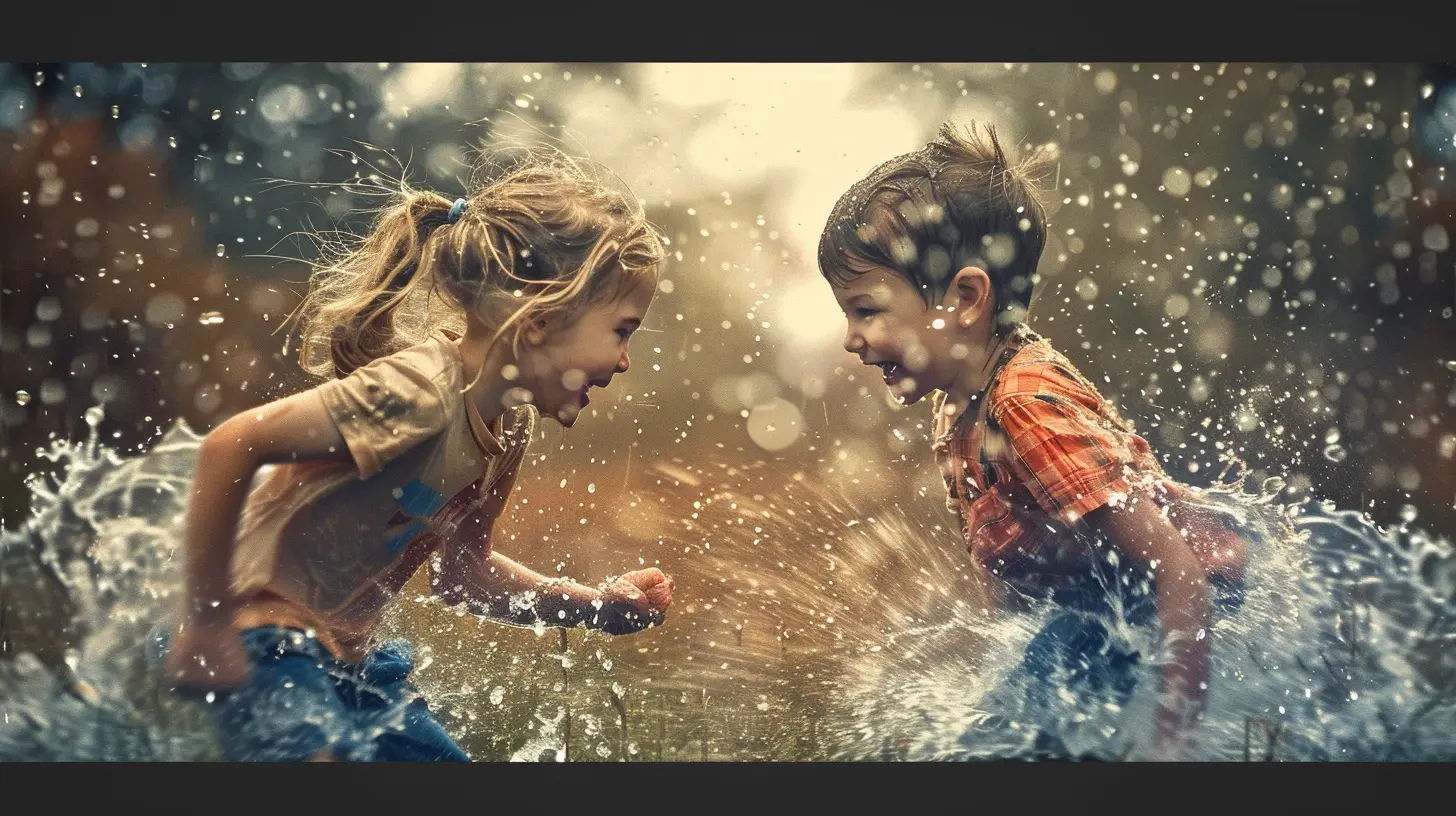
When Should Parents Step In?
While learning conflict resolution is important, there are times when kids need adult intervention—especially if a conflict turns into bullying or physical aggression.Step in if:
- One child is consistently being overpowered or manipulated.
- The conflict becomes physical.
- Emotions escalate to an unhealthy level (excessive screaming, threats, or cruelty).
In those cases, guide them through a constructive conversation but ensure it's a learning moment rather than simply punishing them.
Final Thoughts
Conflict isn't the enemy—it's a teacher. Every disagreement, every argument, and every confrontation is a chance for kids to develop emotional intelligence, communication skills, and resilience.By guiding our children through conflicts in a supportive and structured way, we empower them to navigate relationships, work through challenges, and grow into emotionally strong, capable adults.
So the next time your child gets into a disagreement, instead of shutting it down immediately, take a deep breath and remember—it’s a learning opportunity in disguise.
all images in this post were generated using AI tools
Category:
Emotional DevelopmentAuthor:

Austin Wilcox
Discussion
rate this article
1 comments
Fenris McClure
This article beautifully highlights the importance of conflict resolution in fostering emotional growth in children. Teaching kids to navigate disagreements not only builds resilience but also enhances their empathy and communication skills, preparing them for healthier relationships in the future.
August 13, 2025 at 3:15 PM

Austin Wilcox
Thank you for the thoughtful comment! I'm glad you found the article resonates with the significance of conflict resolution in children's emotional growth.
